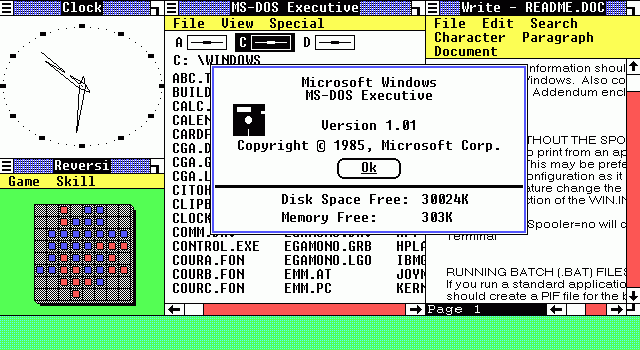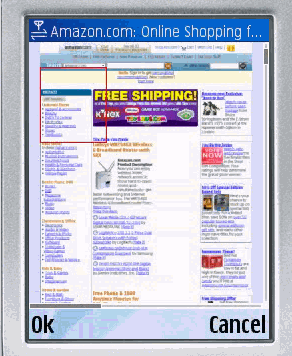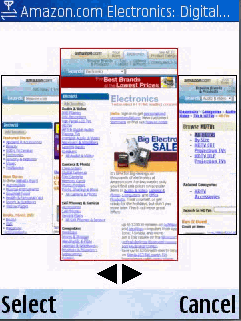 The release of Windows 8.0 was a bold statement about the future that I agree with. The future of computing is touch screen devices with optional keyboards. And that an operating system that can make both work will win.
The release of Windows 8.0 was a bold statement about the future that I agree with. The future of computing is touch screen devices with optional keyboards. And that an operating system that can make both work will win.
At some level, there is a large group of smart folks who disagree with the idea that the square can be circled, that the future is discrete distinct devices with keyboards dying a slow miserable death.
The challenge is that the majority of work is data entry. A keyboard is used for most data entry. And the most efficient typing device is a mechanical keyboard.
So the keyboard will continue to have a place in the market.
In this future, an operating system that allows both touch and keyboard data entry allows application developers to decrease their R&D. Instead of trying to build two distinct applications one for touch and for keyboard, they can think of touch and keyboard as two distinct views into their same underlying application.
And it is that reduction in R&D that will make keyboard + touch screen devices win out. If you make it more efficient to build solutions, then the cheapest solutions to build tend to win out over the long term. And if you are Microsoft you can burn through cash to win in the long haul (BING!)
And that brings me to Windows 8.0. Windows 8.0 sucked and was awesome at the same time. Windows 8.0 was awesome because it absolutely nailed some of the frustrations around windows and app discovery and it definitely got me wishing for a touch screen on my laptop. Windows 8.0 was horrible because there were so many distinct usability flaws. For example, the fact you had to use the keyboard and the mouse to find an app, the annoyingly difficult ability to get the search icon, and I could go on.
Windows 8.1 is an incremental improvement.
And that got me thinking about Windows 1.0. I am certain when Steve Jobs saw Windows 1.0 he thought: nothing to fear here. And I am certain the UNIX guys saw Windows 1.0 and said: Nothing to see here. And then Windows 2.0 shipped, and still nothing changed. And then Windows 3.0 and it almost got usable. And then Windows 3.1 and the world finally tilted in Microsoft’s favor.
I have a strong belief in the value of incremental improvement winning out over magical product discovery. And Microsoft has always nailed incremental product improvement when they are moving in the right general direction.
The improvements in Windows 8.1 are noticeable. Is it a great product? No. But it took Microsoft 7 years to build Windows 3.1 and it took them 15 years to get to Windows XP – and that was the first version of the OS that actually worked.
So what can get in the way?
The real challenge for Microsoft is not that the path they are on is wrong. The real challenge is that from 1985 to 2000 Microsoft was the destination for the best and the brightest in the tech industry. The question is whether they can continue to attract the best and the brightest who can build that transformation…
Not dead yet.
In 2007 I bet that Nokia could figure out this iOS thing. And I was wrong. Nokia spectacularly failed to recognize the disruptive nature of iOS, sat on their lead and is now trying to tell us that they are not dead yet. I figured that with all of those resources, a competent CEO, a competent CTO and a strong technical team would seize the moment and realize like the British did with the Dreadnought that everything had suddenly changed and their lead had evaporated. And, without a shadow of a doubt, their CEO was incompetent and their technical team for all of Nokia’s incredible technical talent was unable to react to the iPhone.
Success or failure, ultimately is a function of being able to attract talent, point them in the right direction and have the ability to course correct over time. For Microsoft, the direction is right, the ability to course correct was demonstrated, now all that remains is whether they can attract and retain the talent to win.

